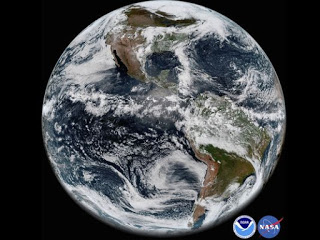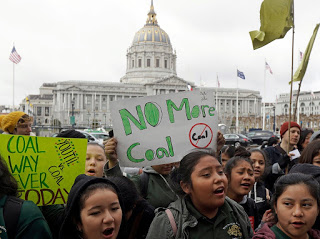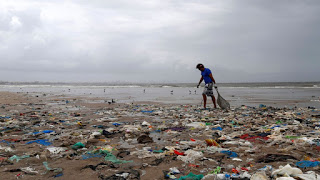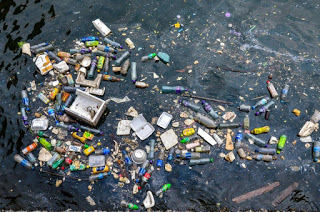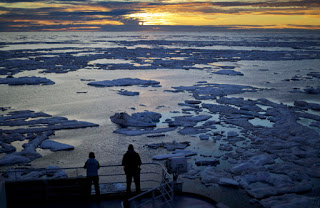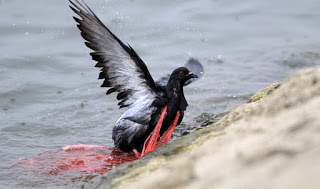Yes: Read more…
A federal judge on Monday threw out a closely watched lawsuit brought by two California cities against fossil fuel companies over the costs of dealing with climate change. The decision is a stinging defeat for the plaintiffs, San Francisco and Oakland, and raises warning flags for other local governments around the United States that have filed similar suits, including New York City.
———————————————–
The legislation kicked in at the weekend, and also includes a ban on plastic bags and products made out of polystyrene.
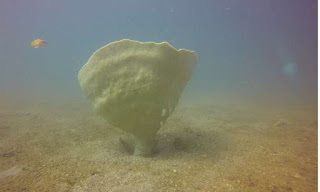 A seahorse survey conducted by Fauna & Flora International (FFI) and its partners in Cambodia’s first dedicated marine protected area has served up a spectacular surprise in the shape of a super-sized – and incredibly rare – sponge, the first official record for the country. Resembling a giant wine goblet, Neptune’s cup sponge has acquired almost legendary status among marine biologists, not least because it went missing for over a century. Until its rediscovery in Singapore waters in 2011, the species had not been seen alive since 1908 and was widely considered to be extinct.
A seahorse survey conducted by Fauna & Flora International (FFI) and its partners in Cambodia’s first dedicated marine protected area has served up a spectacular surprise in the shape of a super-sized – and incredibly rare – sponge, the first official record for the country. Resembling a giant wine goblet, Neptune’s cup sponge has acquired almost legendary status among marine biologists, not least because it went missing for over a century. Until its rediscovery in Singapore waters in 2011, the species had not been seen alive since 1908 and was widely considered to be extinct.
Experts have warned plastic pollution is “slowly killing the human race” as it has spread to every part of the Earth. Shocking data revealed traces of microplastics were found even in remote parts of the Southern Ocean, hundreds of miles away from land. Turn The Tide on Plastic, a vessel currently competing in Volvo’s Ocean Race, collected the seawater samples during its 45,000-mile journey across the world. High readings of plastic were detected close to largely populated areas, with the Western Mediterranean showing 307 particles per cubic meter of seawater, Sky News reported.
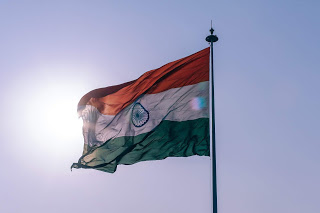 Eight nations, including India, around the Bay of Bengal, were brought together on Monday to develop and agree on a programme for ocean governance with a tranche of multi-million dollars through financial institution Global Environment Facility (GEF) to tackle unsustainable fisheries. This will help in conserving a region rich in marine resources on which some 450 million people depend.
Eight nations, including India, around the Bay of Bengal, were brought together on Monday to develop and agree on a programme for ocean governance with a tranche of multi-million dollars through financial institution Global Environment Facility (GEF) to tackle unsustainable fisheries. This will help in conserving a region rich in marine resources on which some 450 million people depend.———————————————–
Sea Save Foundation is committed to raising awareness of marine conservation. The Week in Review is a team effort produced by the Sea Save staff to provide a weekly summary of the latest in marine research, policy, and news.

